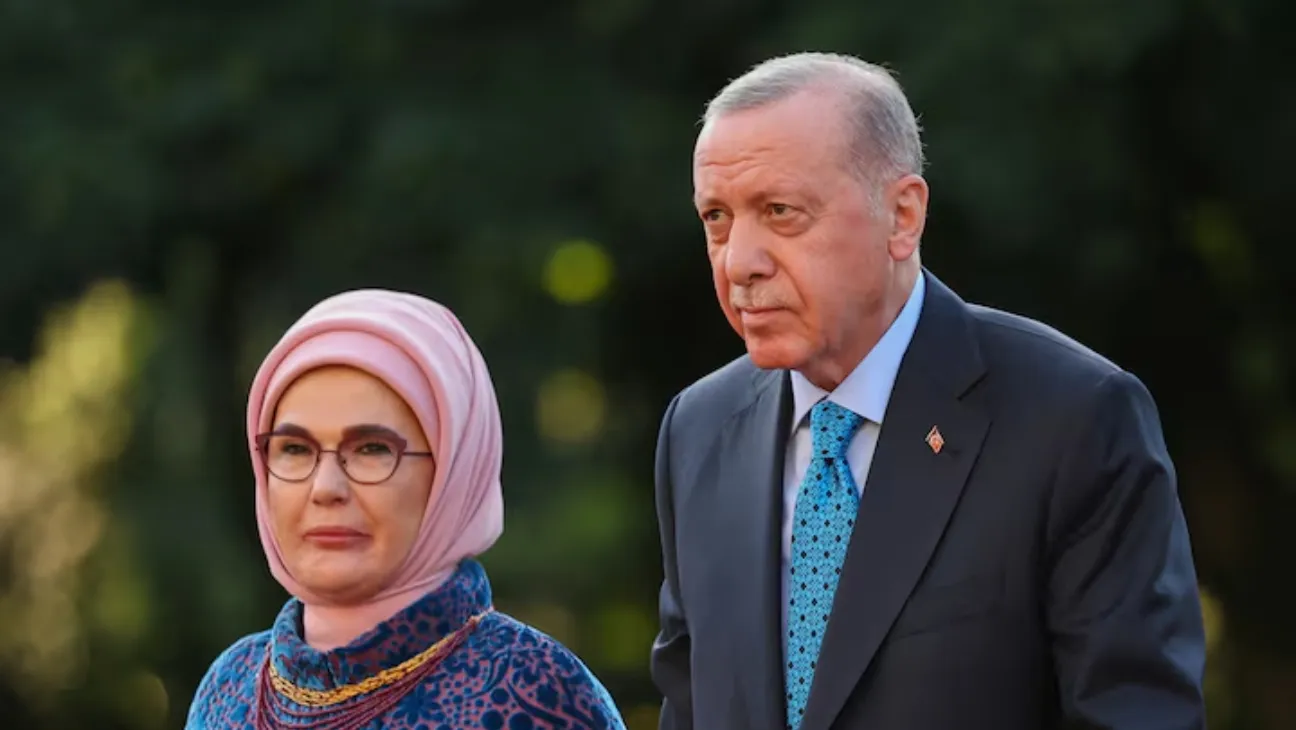For years, Gundbert Scherf struggled to get his company noticed. The co-founder of Helsing, a Munich-based defence startup building battlefield AI and strike drones, faced an uphill battle convincing investors.
That changed when Russia invaded Ukraine.
Four years after founding Helsing, Scherf watched the company double its valuation to $12 billion in a recent funding round. Suddenly, Germany and much of Europe are looking to homegrown tech to fill widening defence gaps.
“Europe this year, for the first time in decades, is spending more on defence tech acquisition than the U.S.,” Scherf said. He believes the region may be entering a defence innovation era reminiscent of the Manhattan Project.
Germany, once cautious and risk-averse in military matters, is shifting quickly. Chancellor Friedrich Merz’s government has pledged to nearly triple its regular defence budget to about 162 billion euros annually by 2029. Officials say the focus is not only on expanding forces, but rethinking how war is fought.
The change is driven by multiple factors. U.S. security guarantees now feel less certain. War in Ukraine has altered public perception. And Europe wants more control over its own security tools.
Small startups, long shut out of military procurement pipelines, are being welcomed into the fold. The defence ministry is fast-tracking efforts to slash red tape and grant early-stage funding to these newer firms.
Companies like ARX Robotics and Donaustahl are now working alongside major defence contractors like Rheinmetall and Hensoldt. A new procurement law approved this week aims to lower entry barriers, including offering advance payments and limiting bids to EU firms.
Marc Wietfeld, founder of ARX Robotics, recalled a moment that captured the policy shift. “The defence minister told me: ‘Money is no longer an excuse. It’s there now.’ That was a turning point.”
The shift is about more than funding. There’s a cultural reset under way.
Germany’s military-industrial legacy was shaped by the trauma of World War II. For decades, there was little appetite to build offensive capabilities. Now, Berlin is trying to reframe defence as not only necessary, but strategic.
Sven Weizenegger, who leads the Bundeswehr’s Cyber Innovation Hub, says public attitudes are shifting. “I used to get two or three LinkedIn messages a week. Now it’s 20 to 30 a day,” he said. People pitch drone swarms, AI surveillance, autonomous munitions.
Some of the technology under development feels pulled from fiction. One German startup, Swarm Biotactics, is creating cyborg cockroaches fitted with mini backpacks and neural stimulators. These bugs can be guided remotely to gather intelligence in hostile terrain.
Germany’s push has historical echoes. It once led in military tech — jet engines, missiles, radar. But after its defeat in World War II, the sector was dismantled, its scientists absorbed elsewhere. Wernher von Braun, who developed rockets for the Nazis during World War II, later designed NASA’s Saturn V for the Apollo moon missions.
Now, economic challenges are adding new urgency. With Germany’s industrial output stalling and energy costs rising, military tech is being framed as both a security imperative and a growth engine.
“Strong defence industry means a strong economy,” said Markus Federle of Tholus Capital. “And innovation on steroids.”
Investment is catching up. European venture capital funding for defence tech hit $1 billion in 2024, up from $373 million in 2022. In Germany alone, startups attracted $1.4 billion over five years, according to Dealroom.
Europe now has three defence unicorns: Helsing, drone maker Quantum Systems, and Portugal’s Tekever. Quantum’s strategy chief Sven Kruck sees pressure building for Germany to lead Europe’s defence revival. “There’s a lot riding on us,” he said.
Meanwhile, Ukraine has become a proving ground. Orders that once took years are now approved in months. Startups can field-test ideas in real conflict zones. It’s a rare feedback loop in a traditionally slow-moving industry.
The momentum is shifting. Jack Wang of Project A Ventures says Germany’s engineering depth gives it an edge. “No better talent than in Germany,” he said.
Others point to the Mittelstand — Germany’s network of small and mid-sized manufacturers — as a vital link. Stefan Thumann, whose company Donaustahl builds loitering munitions, says he gets daily applications from laid-off automotive workers. “We need the brains for design. Mittelstand provides the muscle.”
Still, challenges remain. Europe’s defence market is fragmented. Each country has its own procurement rules. Unlike the U.S., which streamlined support for defence startups back in 2015, Europe is still learning how to scale fast.
But there’s little question about the direction things are heading. Germany’s commitment to reach 3.5 percent of GDP in defence spending by 2029 is among the fastest timelines in NATO.
“The battlefield is changing. So must we,” said Annette Lehnigk-Emden, head of Germany’s procurement agency. She pointed to drones and AI as game-changing forces. “Just like tanks or airplanes once were.”
The war in Ukraine isn’t just reshaping Europe’s borders. It’s redrawing the blueprint for how Europe — and Germany — prepares for what might come next.









